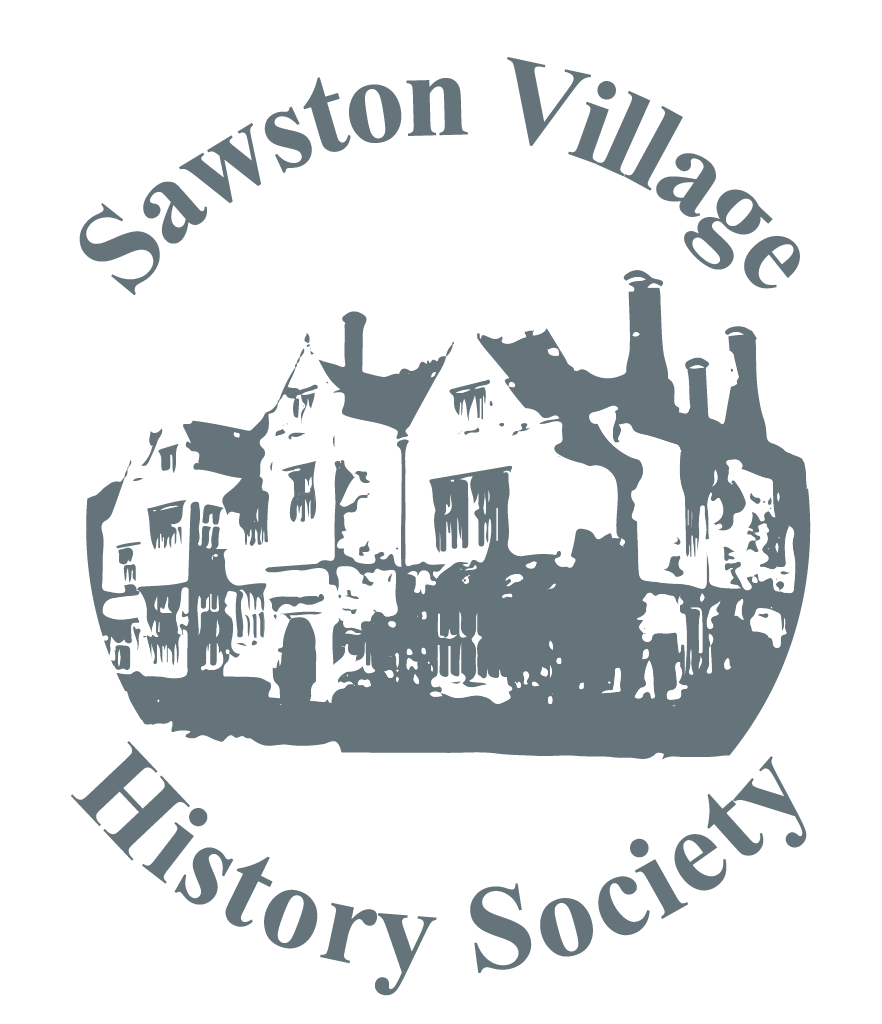
Our guest speaker for June was Dr Jeremy Rossita, who gave us a fascinating insight into the history of Denny Abbey, 6miles to the north of Cambridge. This site, which was effectively an island in the surrounding fen country, was farmed 2000 years ago, and there was probably a farming settlement here when the abbey was founded in about 1150 by a group of Benedictine monks from Ely. The church they built, called Denny Priory, was completed by 1159, of which little remains apart from the transepts.
After only a few years, the monks returned to Ely and in 1170 the site was taken over by the increasingly vigorous Knights Templar. Their purpose was to protect Christian pilgrims making the hazardous journey to the Holy Land- perhaps even more hazardous than it is now! The buildings were used as a rest home for retired, travel weary Knights. During their occupancy they built a number of additions, including an infirmary and a large arched doorway. Sadly for the Templars, Christians were expelled from the Holy Land in the 1290s , thus removing the raison d'etre from the Knights. They had also managed to upset both the Pope and Edward I and were banned in 1308, and Denny Abbey confiscated.
In about 1327 Edward III gave it to a relative, the widowed Mary de St Pol, Countess of Pembroke. She converted part of the church into a suitable residence for herself, and rebuilt the remaining part for a community of Franciscan nuns, who became known as the poor Clares, possibly as their lifestyle was in marked contrast to the relatively luxurious one of the Countess with whom they lived side by side. The countess also founded Pembroke College
This phase of the Abbey came to an abrupt end in 1539, when Henry VIII enacted his infamous Dissolution of the Monasteries. The nuns refectory became a barn and parts of the church used as a farmhouse. The nuns church was pulled down and the brickwork recycled into local housing.
The abbey was taken over by the English Heritage who carried out a programme of restoration and set up the increasingly popular Farmland Museum with a complete 1940s farmworker cottage and village shop. As the Education Officer, Jeremy is responsible for organising a wide range of activities, including children's activity days and craft workshops. Jeremy had brought along a collection of mainly 1940s memorabilia, including a gas mask and ration book, these being on display at the Museum.
For further information you may ring 01223 863036
or email: education@f-m-denny.fsnet.co.uk